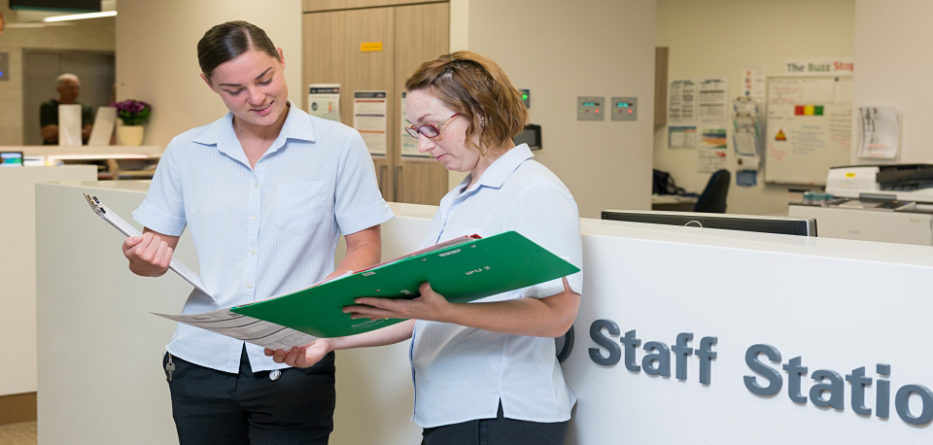The 2021 census results revealed a decline in those identifying with Christianity and more specifically, Catholicism.
Many sceptics of the value of religion have used this decline to push the narrative that has developed around the Catholic Church in recent years that focuses on its failings rather than its successes.
Critics have often used the problems that have beset the Church to question whether its social contract with Australian society should exist at all.
However, far from writing off Catholic institutions, the census results reveal a call to action and discernment by the ministries such as Catholic health.
Naturally, the results of the 2021 census cannot be laid at the feet of ministries, nor will the ministries be a single-bullet fix for the matters that plague the Church’s public reputation.
However, as a sector we must constantly re-evaluate our role in building a stronger, more faithful institution that can bring the message of Christ’s healing to more people.
So it is encouraging to report that research commissioned recently by Catholic Health Australia confirms that the Australian community not only acknowledges the work of Catholic ministries, but values it too.
The research sought to find what people thought of the Catholic ministries – in this case, hospitals, aged care facilities, social welfare organisations, schools and universities. It looked at how effective we are at servicing the needs of people, and how we can enhance our reputation.
Overwhelmingly the people surveyed believed our ministries are a force for good in Australia. That sentiment rose among Catholics, where at least seven out of ten people had a positive view of Catholic-run schools, universities, charities and hospitals.
Catholic ministries have played an important role in communities for decades and, in some instances, for more than a century, educating children, tending to the sick, looking after the elderly and helping those in need. It should not come as a surprise that they are valued, given the footprint of the Catholic sector, something that is all too often overlooked by politicians and commentators.
Almost 6 out of 10 people agreed that Catholic health and social organisations, the collective term used to describe our ministries, try to make Australia a better place. Again, that positive outlook was higher among Catholics.
However, almost two-fifths of people don’t see their own values reflected in the ministries, even while thinking they otherwise do a good job. This is stronger among non-Catholics, 46 per cent of whom don’t agree that ministries reflect their values. The timeless truths of the Church however cannot necessarily adjust to the sentiments of a generation. How Catholic ministries continue to be in the world, but not of the world, will often be a matter to be wrangled with when living out our mission.
Politically, those who identified as Coalition supporters tended to view the Catholic ministries more favourably than those who leaned progressive. This is interesting given the largely radical mission of these ministries, rooted in Catholic Social Teaching of preferential options for the poor, solidarity, and human dignity. Indeed, it was St Vincent’s Hospital led by the Sisters of Charity, who, in 1984, opened the first HIV/AIDS ward in the country during a time of fear, uncertainty, and stigma. These are values that one would expect to appeal to a progressive voter and yet all too often they are overlooked or set aside.
Ultimately, however, our ministries should not be viewed through the political prism of right and left but instead through the search for what is true and good.
Our health, aged care and social services are agnostic about who we treat. This has always been the case. In many instances, Catholic ministries were providing essential care and education to those who needed it long before the public sector stepped in. This provides the Church’s ministries with an ideal opportunity to reach the hearts of those who may be disengaged, disinterested or disillusioned with the broader Catholic Church. But our mission must be well integrated, focused, and firmly understood by those who work in the sector.
All too often the accusation is that the Church and its ministries are privileged, irrelevant or unvalued. Work remains to be done in how we continue to provide prominence to our faith through ministries. But the census results show Catholic ministries are still widely valued and therefore invite us to reflect on the greater role we might play.
Brigid Meney is the Director of Strategy & Mission for Catholic Health Australia.








